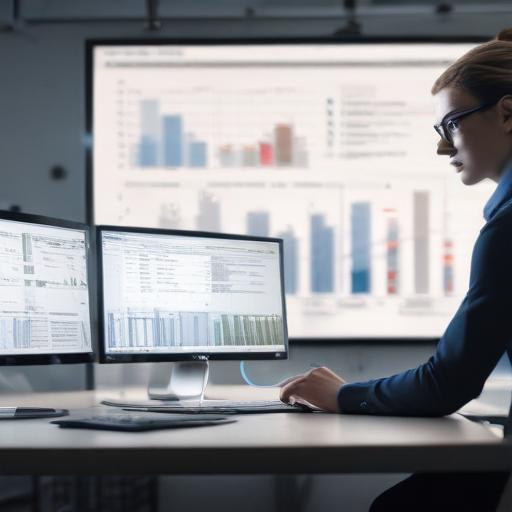In a recent memo to employees, Amazon CEO Andy Jassy shared his insights on the company’s advancements in artificial intelligence, which are shaping tools like Alexa and enhancing customer service chatbots. However, beneath the optimistic tone about technology, he hinted at a potential shift in the workforce, predicting that AI agents would replace some Amazon workers over the next few years.
Jassy’s memo did not provide specific details on how many jobs might be affected or the timeline for these changes, but he emphasized that AI would drive efficiency improvements within the company. This announcement follows a broader concern in the tech industry about AI’s impact on jobs, echoed by Anthropic CEO Dario Amodei, who previously warned that generative AI could eliminate half of entry-level white-collar positions in the next five years.
Yet, not all industry leaders share this apocalyptic view. Figures like Nvidia’s Jensen Huang and Google DeepMind’s Demis Hassabis have contested the notion that AI will lead to mass job losses. They caution against interpreting the evolving landscape of AI as an inevitable threat to employment, suggesting instead that automation is a gradual process that has existed for decades without total devastation in the labor market.
Interestingly, while automation technologies have historically aimed for flexibility and efficiency in workplaces, Microsoft recently highlighted a paradox: their innovations, intended to alleviate workloads, have instead resulted in what they describe as an “infinite workday.” This situation has led employees to experience constant interruptions and increased communication demands throughout their day.
As AI continues to evolve, it’s crucial to recognize both its potential benefits and the real challenges it poses to the workforce. While some fear job displacement, there is room for optimism that AI could create new roles and enhance existing jobs, requiring skills that remain uniquely human—creativity, empathy, and strategic thinking. The dialogue surrounding AI should focus on preparing for these changes and fostering an adaptable workforce that can thrive alongside emerging technologies.
